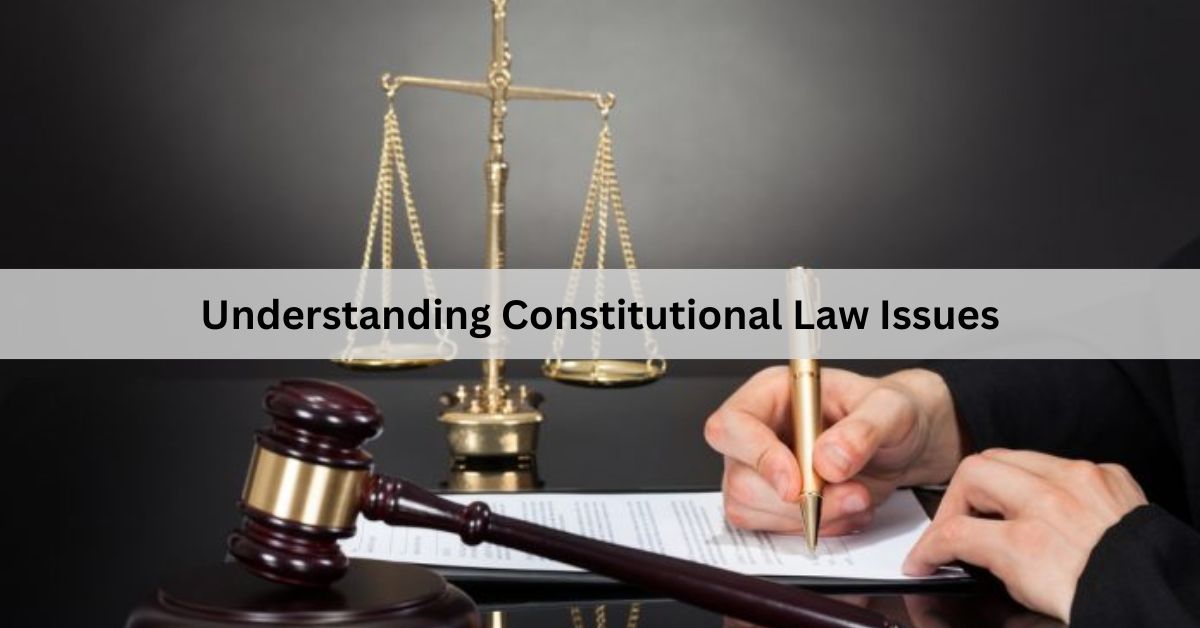Constitutional law forms the bedrock of legal systems worldwide, governing the principles upon which societies are structured and ensuring the protection of fundamental rights. In this article, we delve into key constitutional law issues that shape contemporary legal landscapes.
What is Constitutional Law?
At its core, constitutional law encompasses the fundamental principles and rules that define the powers and duties of government institutions and the rights of individuals. It serves as the supreme law of the land, guiding the governance framework within which all other laws operate.
Key Constitutional Law Issues Explained
- Separation of Powers: One of the foundational principles of constitutional law, the separation of powers ensures a system of checks and balances among the executive, legislative, and judicial branches of government. This division prevents any one branch from exerting undue influence and protects against authoritarianism.
- Individual Rights: Constitutional law guarantees certain fundamental rights to individuals, such as freedom of speech, religion, and assembly. These rights are typically enshrined in a bill of rights or similar constitutional provisions, ensuring citizens’ liberties are protected against government intrusion.
- Due Process: Central to constitutional law is the concept of due process, which ensures that legal proceedings are fair and impartial. It guarantees individuals the right to a fair trial, notice of charges, and the opportunity to be heard before any adverse action is taken against them.
- Equal Protection: The principle of equal protection under the law prohibits discrimination based on race, gender, religion, or other characteristics. It ensures that all individuals are treated equally by the government and its agencies, promoting fairness and justice.
- Federalism: In countries with federal systems of government, constitutional law addresses the division of powers between the central (federal) government and regional (state or provincial) governments. This division ensures a balance of authority while allowing for local autonomy.
Contemporary Issues in Constitutional Law
Recent developments in constitutional law have highlighted several pressing issues:
- Privacy Rights in the Digital Age: How should constitutional protections adapt to challenges posed by technological advancements and digital surveillance?
- Executive Authority: What are the limits of executive power, particularly in times of national emergency or crisis?
- Interpretation of Constitutional Provisions: How should courts interpret constitutional provisions to ensure they remain relevant and effective in evolving societal contexts?
The Role of Constitutional Law in Society
Beyond its legal implications, constitutional law plays a crucial role in shaping societal norms and values. It reflects a nation’s commitment to democracy, justice, and the rule of law. By establishing the framework for government operations and safeguarding individual liberties, constitutional law fosters stability, accountability, and social progress.
Conclusion
In conclusion, constitutional law issues are pivotal in shaping the governance and legal frameworks of nations worldwide. Understanding these issues is essential for both legal professionals and citizens alike, as they form the foundation upon which rights are protected, powers are balanced, and justice is upheld. By staying informed and engaged with constitutional law issues, individuals contribute to the ongoing evolution of a just and equitable society.


